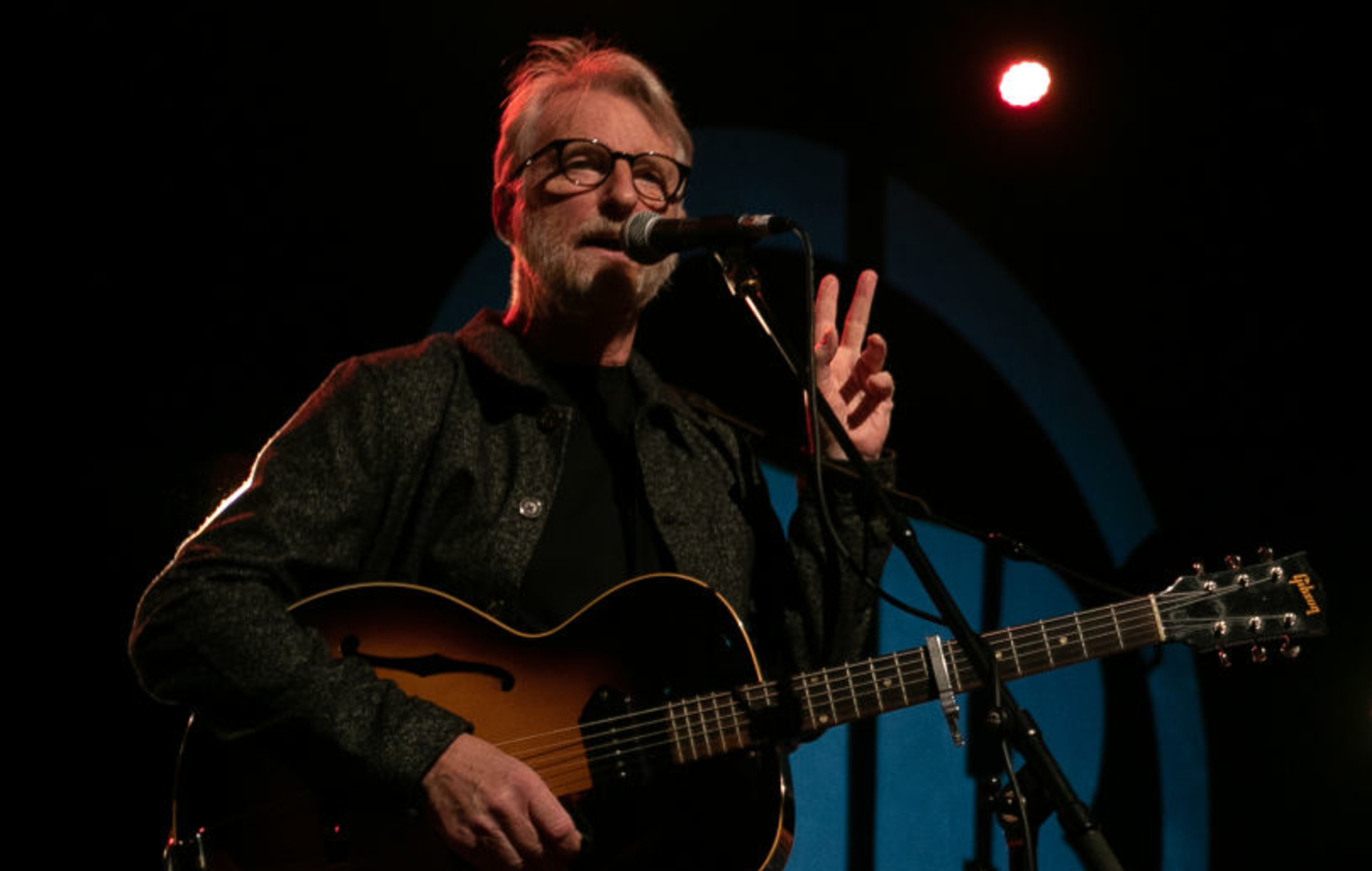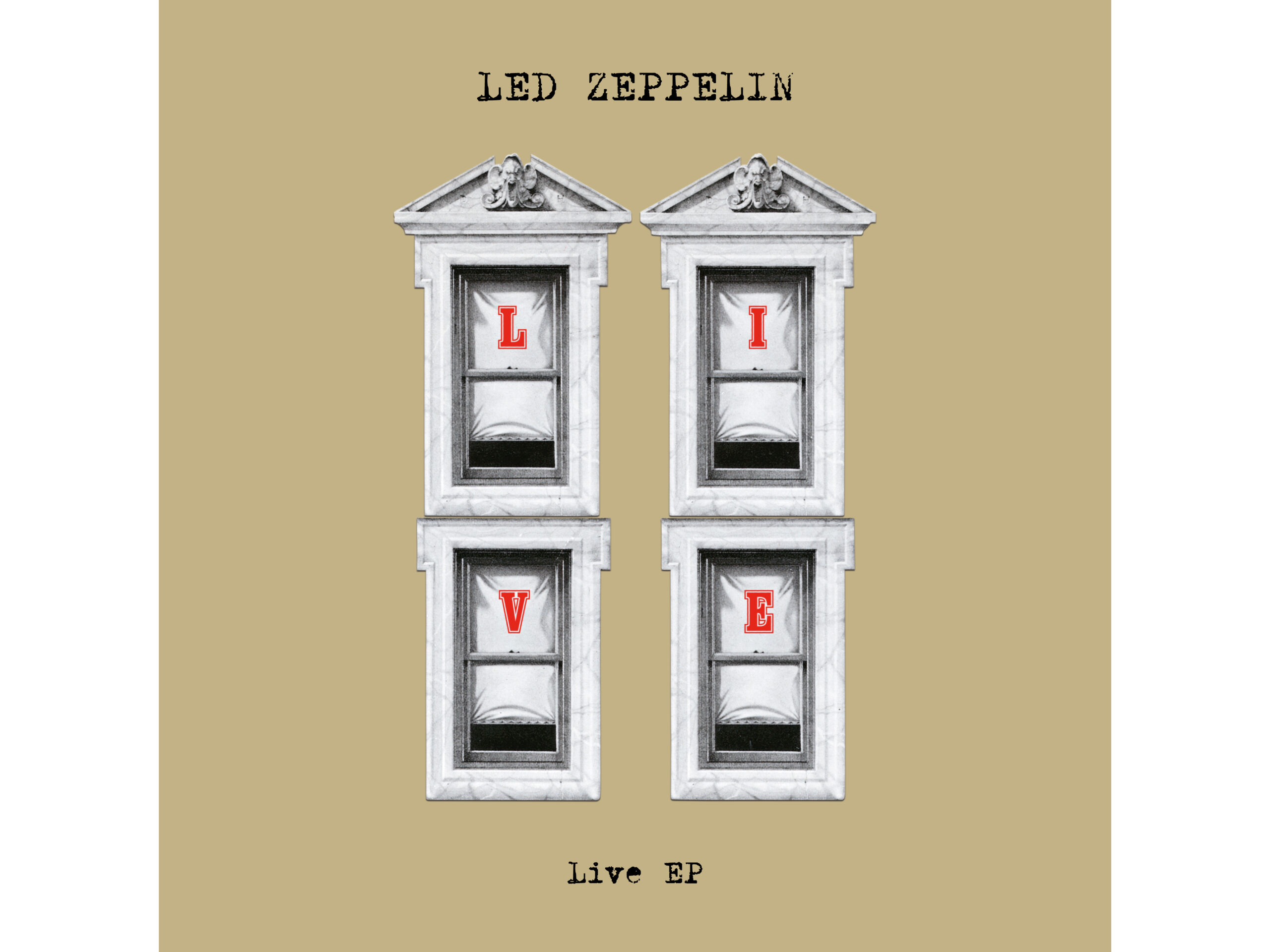
Billy Bragg has praised a new academic project to catalogue the history of the English protest song from 1600 to the present day, saying that songs “can’t change the world” but can “bring people together”.
A website catalogue of about 750 songs in the Our Subversive Voice project has been produced, presented alongside interviews with key songwriters.
- READ MORE: Does Rock ‘N’ Roll Kill Braincells?! – Billy Bragg
The University of East Anglia (UEA) project includes Royalist songs from the English Civil War up to modern entries like Grace Petrie‘s 2016 song ‘I Wish The Guardian Believed That I Exist’.
Bragg himself has two of his songs in the catalogue – ‘Between The Wars’ and ‘It Says Here’, among tracks the artist has previously covered including Florence Reece’s ‘Which Side Are You On?’ – and told the BBC that the project was important to show the political tradition of songs in England.
“People think political pop music was something invented in the 1970s, but traditionally song has been used to get messages out, without them being edited by the government or establishment,” he said.
“When I took part in the miners’ strike in the 1980s, I was a little punk rocker guy… the folk singers were already there and their repertoire was more radical than mine and much of it had been written in the 19th Century.”
Asked about the impact of protest songs, Bragg said: “It can change some things, but it can’t change the world. What it does is it brings people together in solidarity – for example to raise money for a cause. Music also has a great way of making you feel you’re not the only person who feels this way.”
Prof John Street, who is leading the Norwich-based university’s project, cited examples of real-world examples of such songs effecting change in society and politics.
“If you look at the ways a song like [The Special AKA’s] ‘Free Nelson Mandela’ brought attention to his imprisonment, that changed the way people thought about geo-political issues,” he said.
“Tom Robinson’s ‘Glad To Be Gay’ got audiences to sing together… getting them thinking about that and sexuality at all is quite a significant impact.”
He added: “I also know people who when they heard The Smiths‘ ‘Meat is Murder’ started to think they shouldn’t be eating meat.”
Last year (November 16, 2021), Bragg spoke out about why he changed the lyrics to his iconic track ‘Sexuality’ to make it trans-inclusive.
The folk singer is currently on a UK tour and has changed the lyrics of the 1991 track from “Just because you’re gay, I won’t turn you away/ If you stick around, I’m sure that we can find some common ground” to “Just because you’re they, I won’t turn you away/ If you stick around, I’m sure that we can find the right pronoun”.






